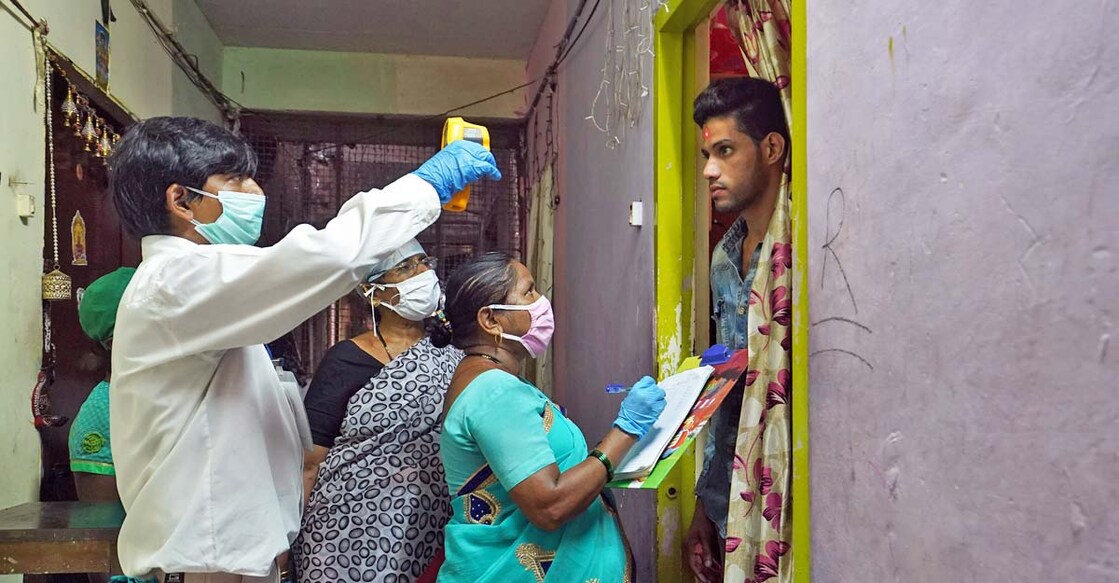Antigen tests for COVID-19 not conclusive, says Delhi govt

Mail This Article
New Delhi: A negative result thrown up in an antigen test may not conclusively indicate that one is not affected by COVID-19, new pieces of evidence suggest.
(The rapid antigen detection test or RADT is done by depositing the sample into the equipment ‘well’ and the subsequent appearance of ‘test’ and ‘control’ lines. This result can be detected with the naked eye and takes approximately 15 minutes. ICMR had recently issued a guideline saying RADT should be followed by the more rigorous RT-PCR test to rule out infection).
The Delhi Government stated this in an affidavit filed in the Delhi High Court. It said 100 patients, who had tested negative in the antigen tests, turned out to be COVID-1p positive in subsequent tests. As of now, only those who test negative in antigen tests need to take RT-PCR tests only if they show symptoms. The government guidelines mandate that those with cough, fever, and throat pain need to take RT-PCR tests.
If the antigen test itself turns positive, it can be concluded that the person is COVID-19 and no further tests are required, the guidelines say.
In Delhi, antigen tests were done on 4.4 lakh people. Of this, 3.79 tests turned negative. Out of the 3.79 lakh, 2828 people with symptoms were asked to take RT-PCR tests and 404 were COVID positive.
Stanford study ranks Karnataka, Kerala high in COVID-19 reportage
Thiruvananthapuram: The state of Kerala is at the forefront of systematically reporting and storing data on COVID cases, a study by the Biomedical Data Science Department of Stanford University has said.
On the data reporting front, Kerala had a score of 0.52, right behind Karnataka with 0.61. Odisha, Puducherry, and Tamil Nadu are at third place with a score of 0.51. Bihar and Uttar Pradesh are among the last on the list.
For the ranking, the ability of a state to collect, collate, and publish COVID-19 data by ensuring least to no privacy intrusion was taken into account.

